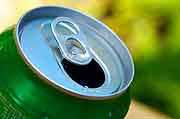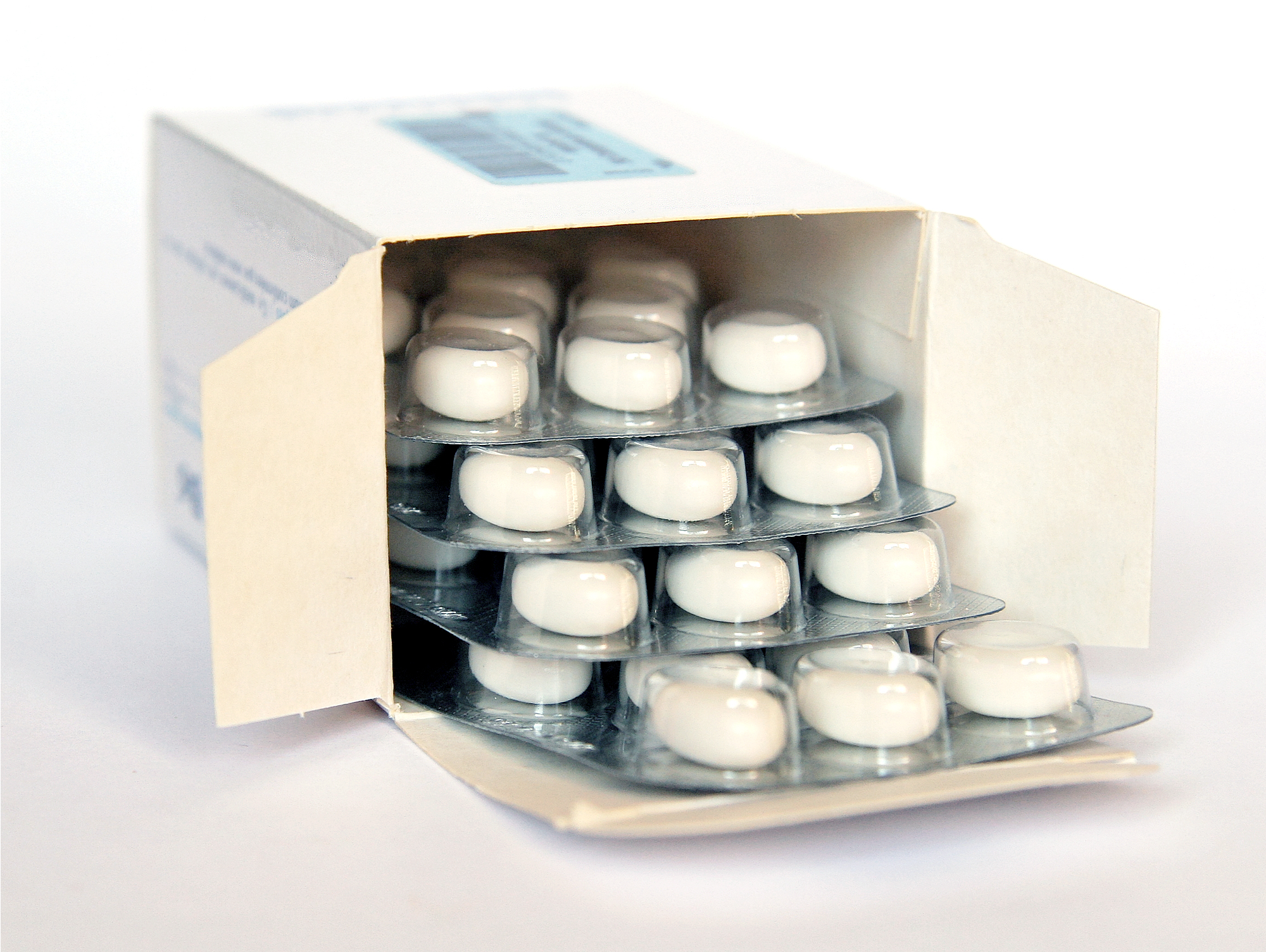
FRIDAY, Aug. 8, 2014 (HealthDay News) — Banning vending machines from schools without making other food policy changes can actually lead to greater consumption of fast food and soda, according to a new U.S. study.
If kids still have access to high-fat, high-calorie foods and beverages from other sources, restricting vending-machine fare won’t have much effect, the University of Illinois at Chicago researchers explained.
The research team looked at more than 8,200 high school students in 27 states and found that 23 percent of those with access to vending machines in their schools drank at least one soda a day. That compared with 28 percent who had no access to vending machines at school.
However, these differences occurred only in states where taxes on soda were lower or where students were able to buy soda from the school cafeteria or school store, according to the study published online in the journal PLoS One.
The researchers also found that students ate more fast food when vending machines were banned from schools, particularly in states with lower sales taxes on restaurant foods.
The findings show “there may be unintended effects if you only make small-scale changes,” said study lead author Daniel Taber. “When more comprehensive changes were implemented, there were no unintended effects,” Taber said in a university news release.
“Policy changes really need to be comprehensive and not just focused on one item such as regular soda or one location such as cafeterias,” study co-author Jamie Chriqui, senior research scientist at the university’s Institute for Health Research and Policy, said in the news release.
She also said the findings show the need for comprehensive policies such as the U.S. Department of Agriculture’s new Smart Snacks in Schools rule. It’s scheduled to be introduced during the 2014-15 school year.
More information
The U.S. National Library of Medicine has more about school health.
Copyright © 2026 HealthDay. All rights reserved.

